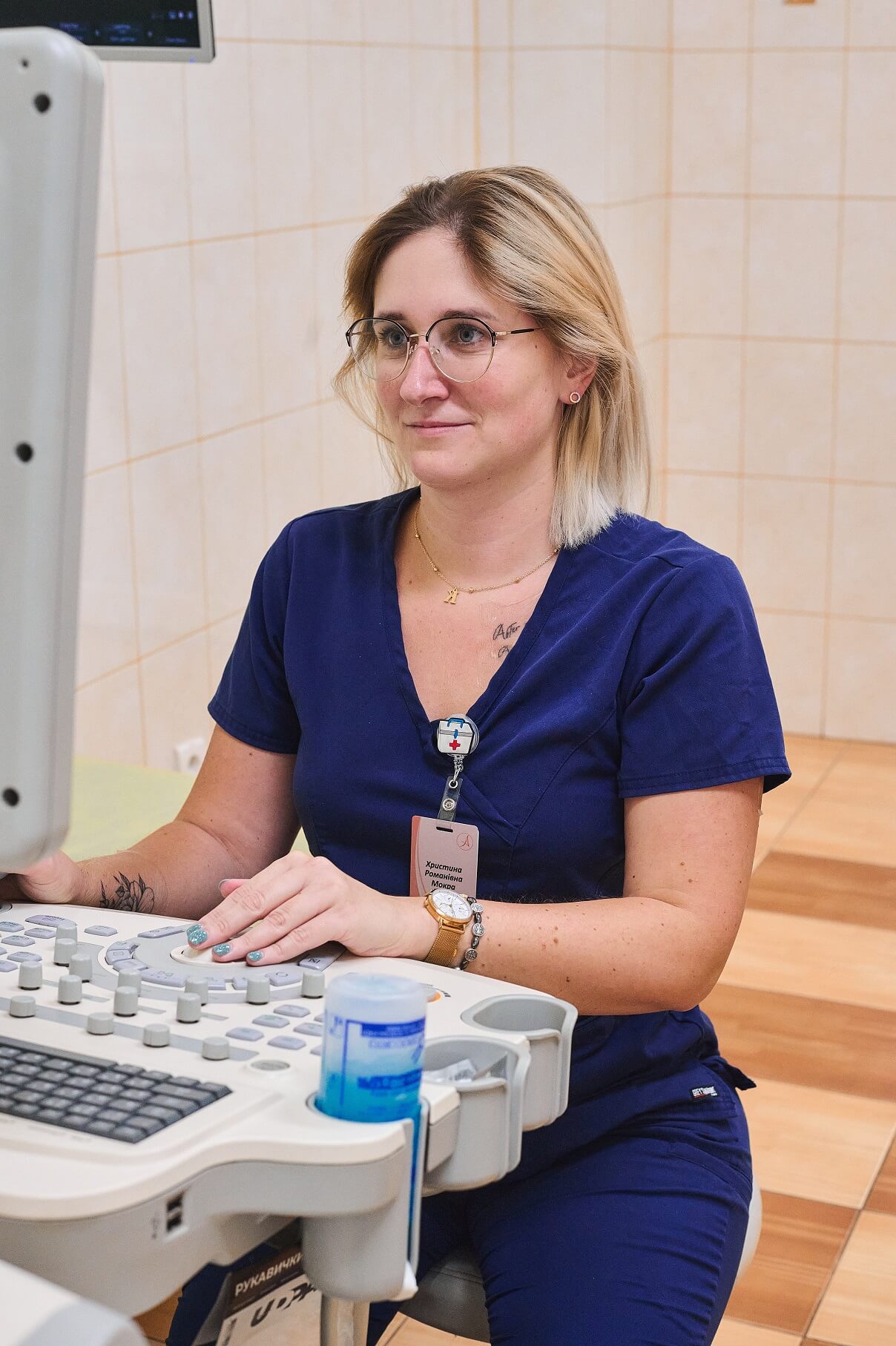Infertility is a challenge faced by many couples around the world. According to the World Health Organization, one in six couples experiences difficulty conceiving. However, modern medicine offers effective diagnostic and treatment options that can help overcome this issue. In this article, we will explore the main causes of infertility, available testing methods, and possible solutions — so you can take the first step toward your dream of parenthood. Our goal is to provide you with clear, reliable information and support on this journey.
What is infertility: a brief overview
Infertility is defined as the inability to conceive after one year of regular, unprotected sexual intercourse — or after six months if the woman is over 35. It can be classified as primary (when pregnancy has never occurred) or secondary (when a couple has previously conceived but is unable to do so again). It’s important to remember that infertility is not a verdict — it is a medical condition that is often treatable.
Infertility may stem from issues in the female partner, the male partner, or both. In approximately 30% of cases, the cause lies in the woman’s reproductive health; in another 30%, in the man’s; and in 20% of cases, it is a combination of factors. The remaining cases are unexplained and referred to as idiopathic infertility.
Causes of female infertility
The female reproductive system is a delicate and complex mechanism. The most common conditions affecting fertility include:
- Ovulatory dysfunction. If ovulation occurs infrequently or is absent, conception becomes impossible. Common causes include polycystic ovary syndrome (PCOS), stress, hormonal imbalance, or significant weight loss.
- Disorders in the fallopian tubes. Blockage or damage to the fallopian tubes prevents the egg from meeting the sperm. This can result from infections, surgical procedures, or endometriosis.
- Uterine problems. Polyps, fibroids, adhesions, or congenital abnormalities may interfere with embryo implantation or lead to miscarriage.
- Endometriosis. A common condition where the cells of the uterine lining grow outside the uterus. It causes chronic inflammation, pain, and fertility issues.
- Age. After the age of 35, both the quality and quantity of eggs decline, making conception more difficult. This is a natural process but should be taken into account when planning a family.
Causes of male infertility
Male factors are responsible for approximately 30–40% of infertility cases. The main issues include:
- Low sperm count or poor sperm quality. This may be caused by genetics, infections, hormonal disorders, or lifestyle factors such as alcohol consumption, smoking, and stress.
- Varicocele. Enlargement of the veins in the scrotum can impair sperm production.
- Obstructions in sperm transport. Blockages in the vas deferens prevent sperm from reaching the ejaculate.
- Hormonal imbalances. Disruptions in testosterone or other hormone levels can affect sperm production (spermatogenesis).
- Sexually transmitted infections and chronic diseases. Certain STIs, diabetes, or thyroid disorders can have a negative impact on male fertility.
How to know when it’s time to see a doctor
You shouldn’t wait for years if:
- You’ve been trying to conceive for 12 months without success (or 6 months if you’re over 35).
- The woman has an irregular cycle or no ovulation at all.
- There is a history of miscarriages or complex gynecological diagnosis.
- The partner has chronic illnesses or infections.
In these cases, it’s best to consult a fertility specialist as soon as possible. Timely evaluation is the first step toward achieving a desired pregnancy.
Infertility testing at Alternatyva
At Alternatyva ivf clinic, the diagnostic process is thorough yet comfortable for both partners. The main steps include:
- medical history collection and initial consultation with a doctor;
- gynecological examination and pelvic ultrasound;
- ovulation assessment (hormone tests, folliculometry via ultrasound);
- tubal patency evaluation (hysterosalpingography or laparoscopy) and semen analysis for the male partner.
If necessary, genetic and immunological testing may also be performed.
Based on the test results, the doctor will suggest a personalized treatment plan or assisted reproductive technologies, including IVF.
Alternatyva is here to show you that infertility doesn’t always mean “never.” In many cases, it simply means “not yet.” Modern medicine offers many possibilities — and the key is not to delay. The sooner you get an answer to the question “Why can’t we conceive?”, the sooner you’ll have a chance at a positive outcome.
Book a consultation at Alternatyva — here you’ll be heard, supported, and offered a solution tailored to your unique situation.

